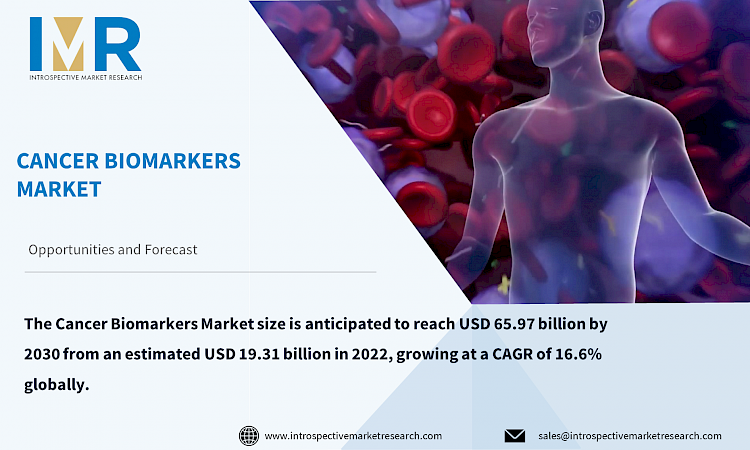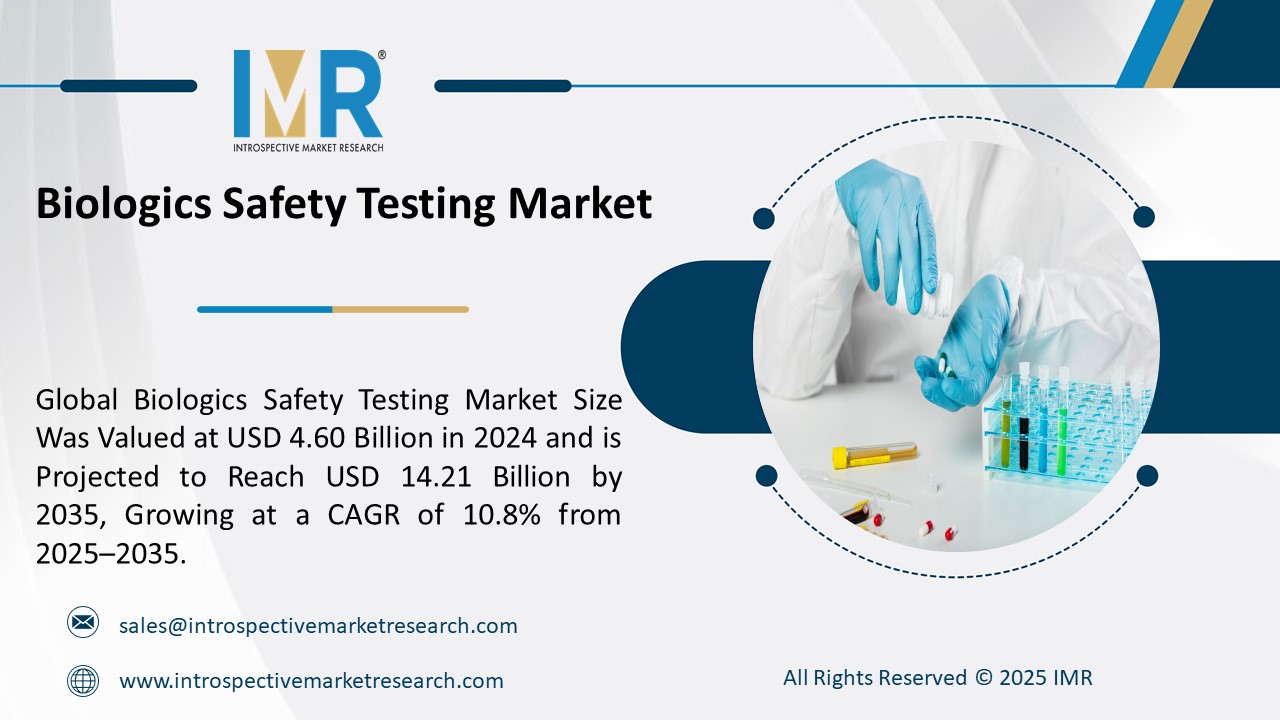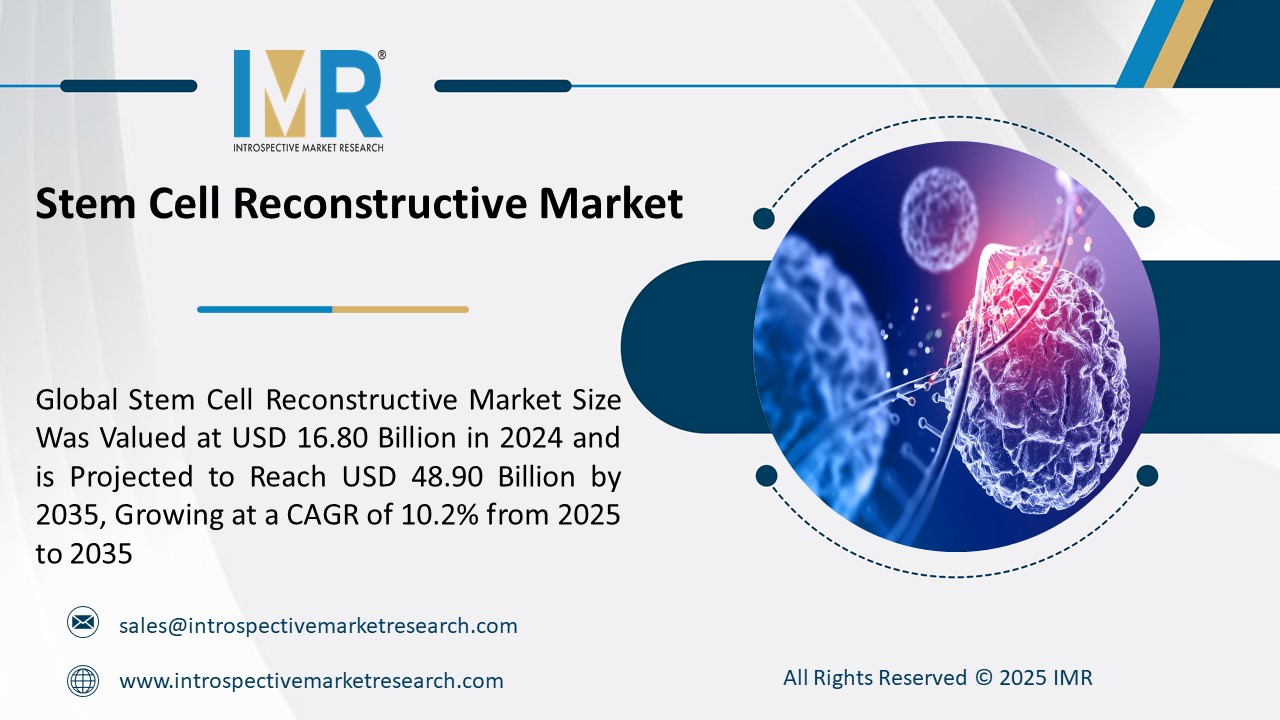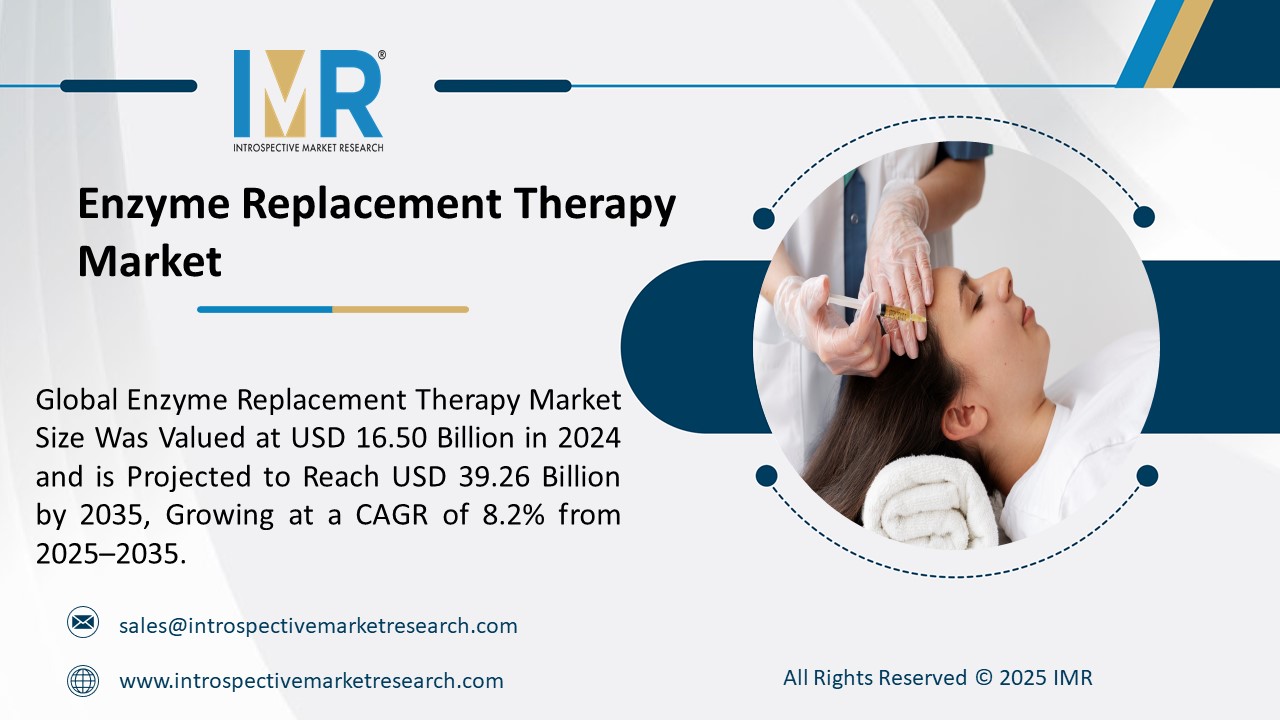
Market Overview:
The Cancer Biomarkers Market size is anticipated to reach USD 65.97 billion by 2030 from an estimated USD 19.31 billion in 2022, growing at a CAGR of 16.6% globally.
Biomarkers, also known as molecular markers or signature molecules, are biological molecules found in body tissues, blood, and fluids. They indicate normal or abnormal processes, including diseases. Biomarkers encompass RNA, DNA, proteins, and metabolomic profiles specific to tumors. Types like ER/PR, HER-2/neu, EGFR, and KRAS vary based on cancer type. The first biomarker, the Bence-Jones protein, was discovered in 1847. Biomarkers assess cancer risk, and recurrence, aid treatment decisions, and gauge treatment response. With cancer prevalence rising, biomarker demand grows, fueling market expansion.
Top Key Players for Cancer Biomarkers Market:
BioM?rieux Inc. (France), INOVIQ (Australia), Bio-Rad Laboratories Inc. (California), Abbott (US), Becton, Dickinson, and Company (US), Merck KgaA (Germany), QIAGEN (Germany), Thermo Fisher Scientific Inc. (US), CENTOGENE N.V. (Germany), PerkinElmer Inc. (US), Siemens Healthcare Private Limited (Germany), and other major players.
Market Dynamics and Factors for Cancer Biomarkers Market:
Drivers:
Growing Prevalence of The Cancer
The cancer biomarkers market is poised for substantial growth due to the escalating prevalence of diverse cancer types in recent decades. In 2020, World Cancer Research Fund International reported 18.1 million global cases, with 10 million cancer-related deaths, as per Statista. Changing lifestyles, including smoking, alcohol consumption, poor diets, and cosmetic chemical usage like hair dyes, contribute to rising cancer rates. For instance, 280 billion liters of alcoholic beverages were consumed worldwide in 2021, highlighting a key factor. This mounting cancer incidence drives the expansion of the cancer biomarkers market.
Opportunities:
Opportunity in The Growing Technological Developments
Advanced technology is driving innovation in cancer biomarkers, presenting a promising market opportunity. Healthcare research centers are increasingly investing in digital biomarkers, sourced from body sensors, image processing, health platforms, and electronic medical records. These digital biomarkers enhance cancer diagnosis and prognosis accuracy. The growing impact of digital biomarkers on patient care and cancer research is evident. Furthermore, the development of novel technology, devices, and gadgets to address emerging cancer challenges offers a lucrative avenue for the cancer biomarkers market in the forecast period.
Segmentation Analysis of the Cancer Biomarkers Market:
By Biomarker Type, protein biomarker is expected to account for the largest market share in the forecasted period. The protein biomarker is used for the early detection of the breast as well as colonic cancer. Breast cancer and colon cancer are the most common type of cancer and major cause of death around the world.
By Cancer Type, breast cancer is projected to have the maximum market share in the cancer biomarker market during the analysis period. Breast cancer is one of the most common cancers in women. Breast cancer occurs due to various reasons such as genetic mutation, being overweight, reproductive history, and alcohol drinking.
Regional Analysis of the Cancer Biomarkers Market:
Due to a rising number of cancer patients attributed to factors like tobacco and alcohol use, poor diets, genetic mutations, hormonal imbalances, early diagnosis demand, and an aging population, North America dominates the cancer biomarkers market. For instance, in 2020, 32.51 million Americans smoked, contributing to North America's highest 12-month cancer prevalence rate. In the US alone, 236 thousand lung cancer cases were diagnosed in 2021. Increased awareness of cancer treatment is driving investments in biomarker research and development. The combination of a growing cancer population and heightened research investment fuels the cancer biomarkers market's growth in North America.
Key Industry Development:
In April 2021, F. Hoffmann-La Roche Ltd. (Switzerland), established Elecsys Anti-p53 immunoassay for the diagnosis of various cancer types.
In December 2020, FDA approves the NGS-based companion diagnostic of Thermo Fisher Scientific (US) for EGFR Exon20 insertion mutant non-small cell lung cancer tumor tissue.
Regional Outlook (Revenue in USD Million; Volume in Units, 2023-2030)
North America
- The U.S.
- Canada
- Mexico
Eastern Europe
- Russia
- Bulgaria
- The Czech Republic
- Hungary
- Poland
- Romania
- Rest of Eastern Europe
Western Europe
- Germany
- UK
- France
- Netherlands
- Italy
- Spain
- Rest of Western Europe
Asia Pacific
- China
- India
- Japan
- Singapore
- Australia
- New-Zealand
- Rest of APAC
Middle East & Africa
- Turkey
- Saudi Arabia
- Qatar
- UAE
- Israel
- South Africa
South America
- Brazil
- Argentina
- Rest of SA





